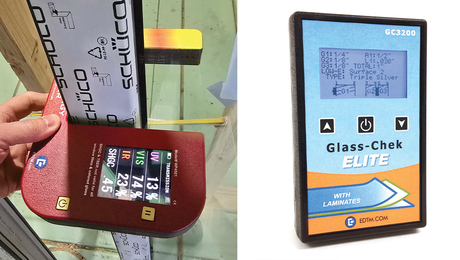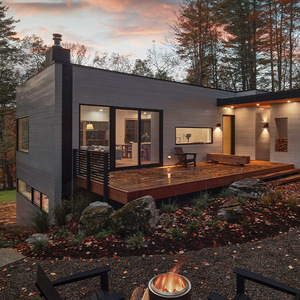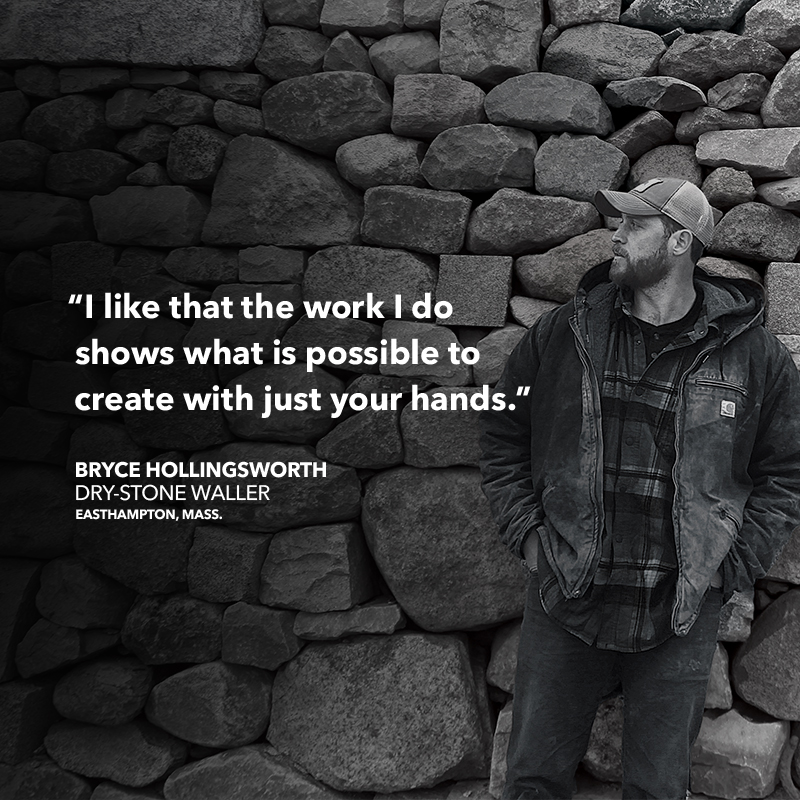(I tried the search engine–Since I am posting, you know the results of that exercise.
May a gas hot water heater be installed directly onto a combustable floor? Combustable in this case being wood.
Because of potential flooding problems, I want to raise the hot water heater off of the floor. A wood platform is easy enough to build, but I want to know if there are any requirements for the surface.
I have not looked at the instructions, as they are typically buried in the box and the stores (for some reason) don’t like people tearing open the boxes.



















Replies
You can probably download the full instructions from the manufactures website.
But raising off the floor won't stop it from leaking on the floor.
A metal "drip pan" is used for that.
Quick look at the 2000 IRC did not see anything about combusable floors. But where water might cause damage the pan and drain is needed.
Also it says that it was follow manufactures instructions.
<<But raising off the floor won't stop it from leaking on the floor.>>
Actually, the unit is in the basement. The flooding could come from other sources. I am having a new one installed shortly, and I wanted to see what is required for a small platform (like that mentioned for a garage in another posting).
Raise it off the floor with cement blocks. Eases the periodic purging of some water from the bottom drain (removes sediment and/or rust). Makes it easier for the serviceperson too.
However do not go too high for the proper venting flue to be installed.
If you think you'll actually do that occasional purging change the boiler drain to one of average quality - the supplied ones I've seen are junk.
Yep, mine was PLASTIC out of the box. It never saw a drop of water, I replaced it with a good 1/4 turn boiler drain on a brass nipple to extend it away a bit.
It must be a regional thing. Nobody seems to know about boiler drains here in LA. I looked on the internet long ago when I first heard about using them on water heaters, and they were outasight expensive, like over $300 for a 3/4". I've been using ordinary ball valves, which are better than the OEM plastic, but can leak if they get crud in them.
What, exactly, do you use (make and model)? Where can I get them?
Thanks --
-- J.S.
That ball valve will work fine. The 1/4 turn boiler drains I use are basically a ball valve (same 1/4 turn) with pipe threads (or solder weld) on the source (in this case from the water heater) and a turned down garden hose male thread outlet.
I forget what brand, it has a red turn-knob. You can get them at the big box stores around here.
Good idea is to also get a brass hoseth read cap for it in case it gets bumped by accident! 1/4 turn opens fast with little effort.
I am sure that residential water heaters are made to be placed on a wood floor. In fact, most garage installations require an 18" stand most of which are wood. You can find water heater manuals on the manufacturer's websites.
Bill
I'm not sure about code, but I've seen several heaters on wood floors. Due to a leak in one, I had to rip out the floors and reframe it, but it's still on wood. Throw in the drip/leak pan, and don't nail or screw it down, like the guy before me did--It somewhat compromises it's ability to contain the water (Go figure).
While you can put it on a wood platform, there are manufactured metal ones readily available. You can even store a bucket or whatever under one. There are also catch pans to put under them, here they're called "Smitty" pans, for the main local manufacturer.
If you're in earthquake country, be sure to strap it to the wall. There are official strap kits sold here for that. You have to plumb the drains for your T&P valve and Smitty pan according to your local code. Here in non-freezing country, they go to daylight.
There are so many things that can go wrong with a water heater -- gas explosion, steam explosion, setting vapors on fire, carbon monoxide, flooding, falling over in a quake, probably more I'm not remembering right now -- that here in LA, the Dep't of Building and Safety officially requires a permit and inspection even to replace an existing W/H. But if you could compare the number of permits they issue with the number of W/H's sold by HD etc, I betcha they're not equal. ;-)
-- J.S.
"May a gas hot water heater be installed directly onto a combustable floor?"
Yes.